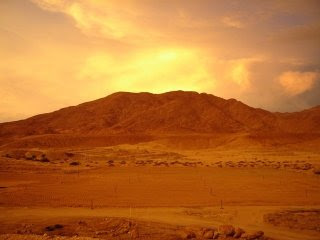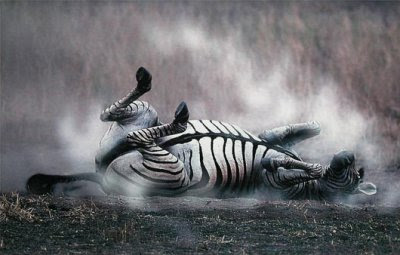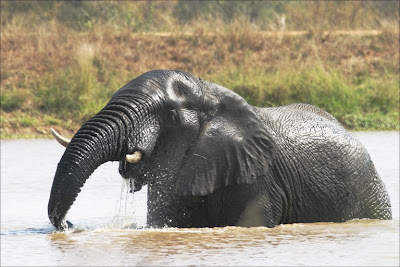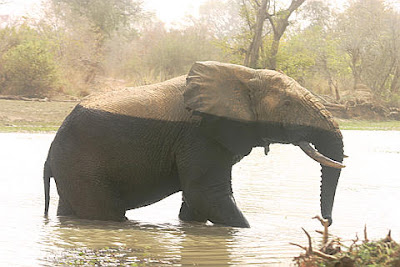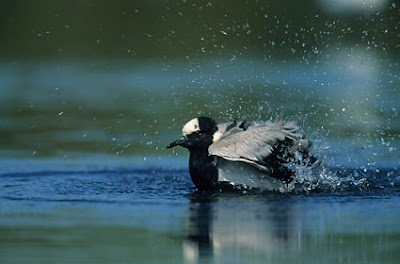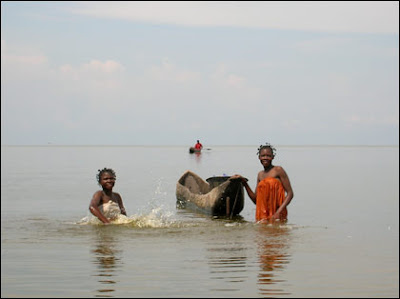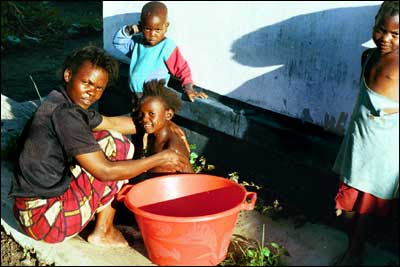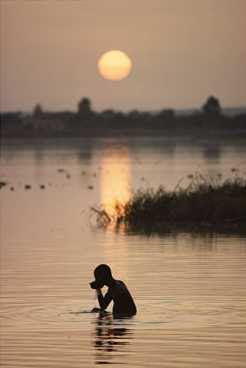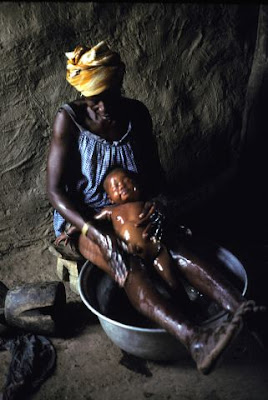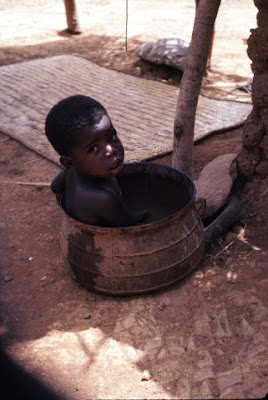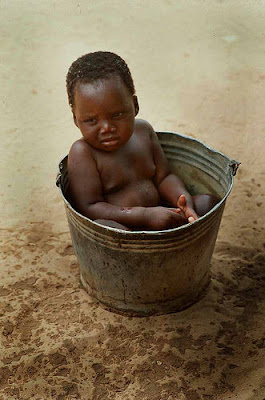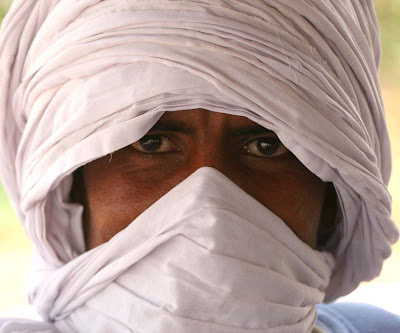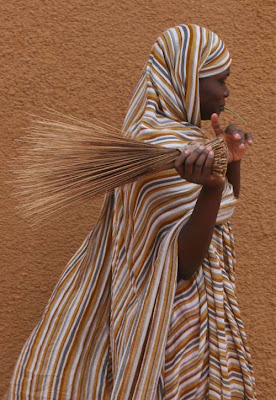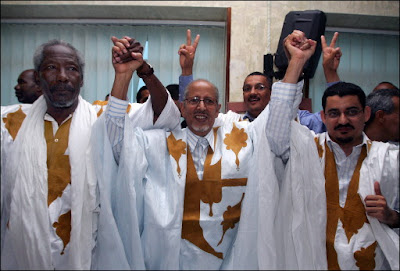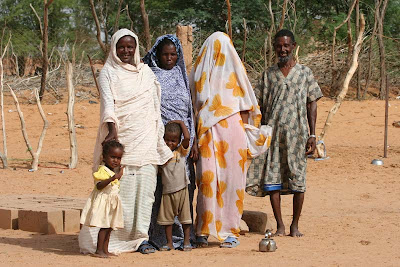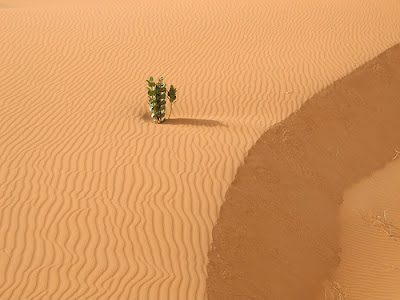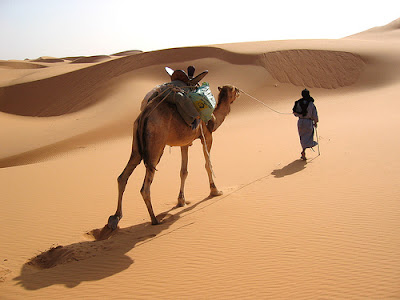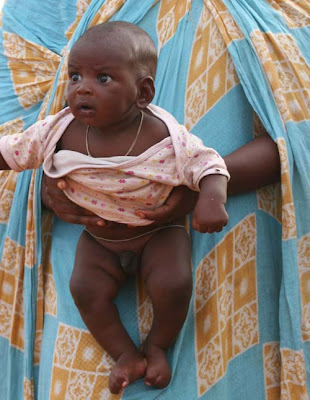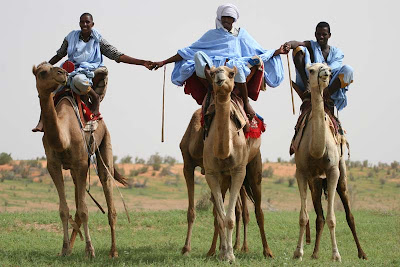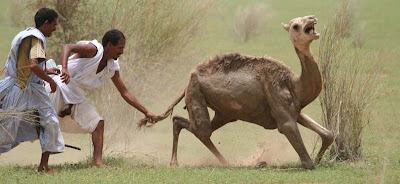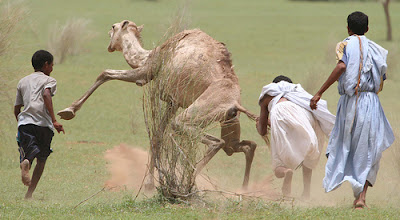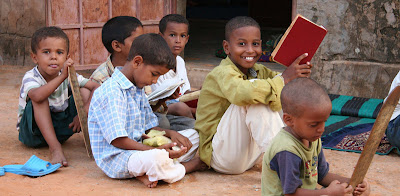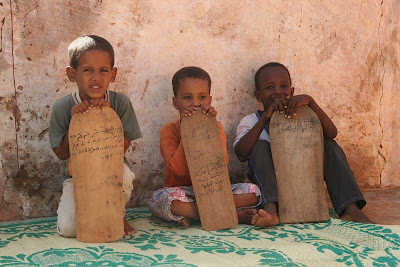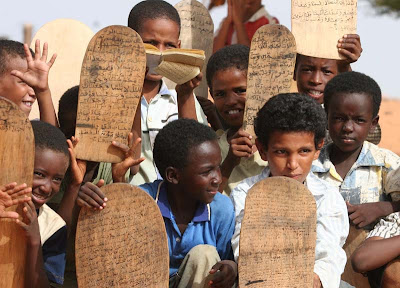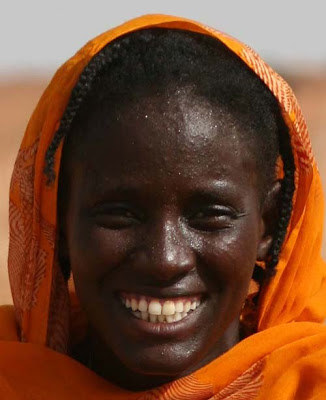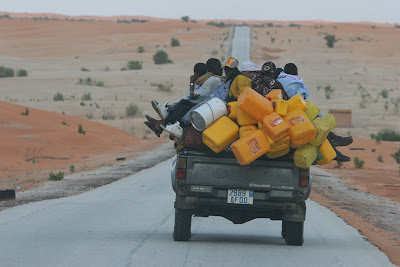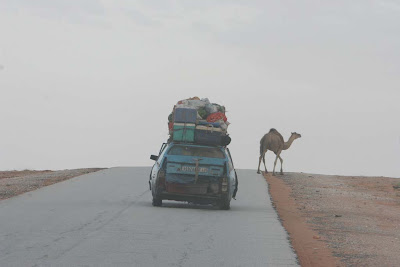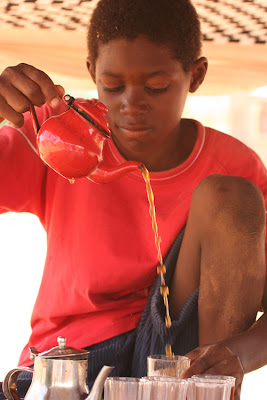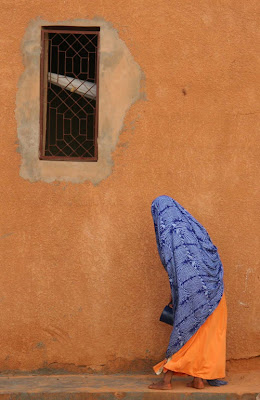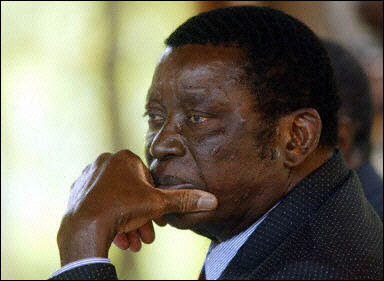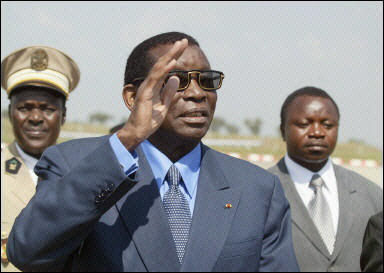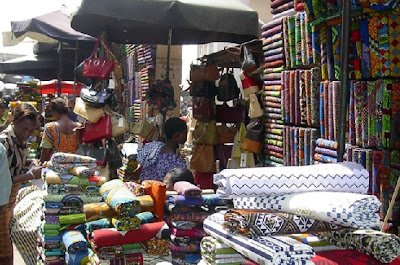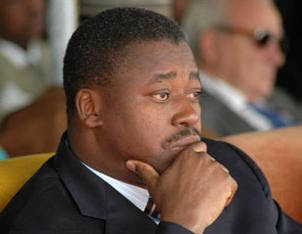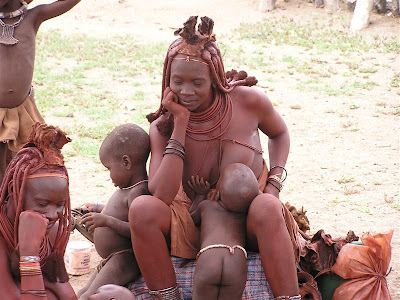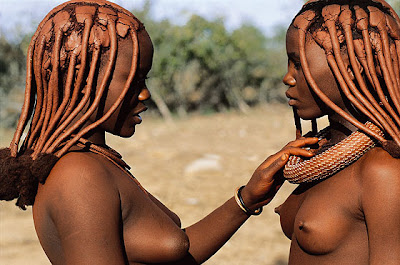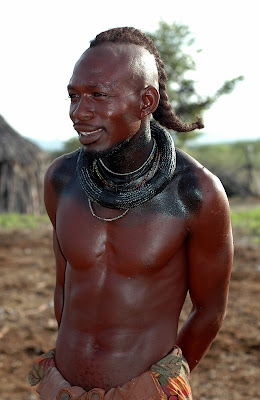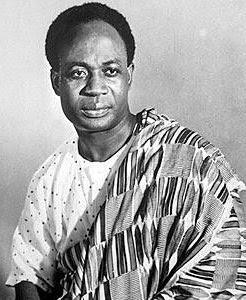 Kwame Nkrumah was the first black African post colonial leader in Africa
Kwame Nkrumah was the first black African post colonial leader in Africa
1909-1972
Kwame Nkrumah was born Kwame Francis Nwia Kofie in the south-west of the Gold Coast a.k.a. Ghana in 1909. Whilst studying economics and sociology in America, he became an active member in the Pan African movement, which was demanding freedom and independence for the colonies. Nkrumah returned to his homeland in 1947 and became Secretary General of the United Gold Coast Convention, which was campaigning to end British rule. However, in 1948 he was expelled from the organization for leading a campaign of civil disobedience. He responded by founding the Convention People's Party in 1949, the first mass political party in black Africa. After independence in 1957 Ghana became a republic in 1960.
But while Nkrumah worked to improve living standards at home, his ambitions extended beyond national boundaries. Right from the dawn of independence in the 1960s, Nkrumah made a passionate call for African unity. Explaining his vision in his 1961 book, I Speak of Freedom, he wrote:
"Divided we are weak; united, Africa could become one of the greatest forces for good in the world...I believe strongly and sincerely that with the deep-rooted wisdom and dignity, the innate respect for human lives, the intense humanity that is our heritage, the African race, united under one federal government, will emerge not as just another world bloc to flaunt its wealth and strength, but as a Great Power whose greatness is indestructible because it is built not on fear, envy and suspicion, nor won at the expense of others, but founded on hope, trust, friendship and directed to the good of all mankind."
The many attempts made to unite Africa came to naught, as few of the newly independent countries were persuaded of the need to give up some of the power they had recently won to a central parliament for the continent.
Ghana was one of 30 nations that founded the Organization of African Unity, in 1963. Nkrumah regarded it as inadequate, as it was not the United States of Africa he longed for.
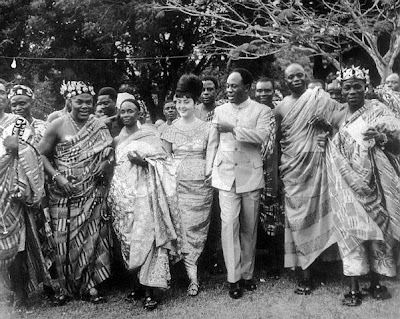
Kwame Nkrumah seen here with his wife and supporters
"By far the greatest wrong which the departing colonialists inflicted on us, and which we now continue to inflict on ourselves in our present state of disunity, was to leave us divided into economically unviable States which bear no possibility of real development...."
Over the next few years as president he was increasingly regarded as an authoritarian and remote leader. In 1964 he declared himself president for life and banned opposition parties.
Justifying his actions he wrote:
"Even a system based on a democratic constitution may need backing up in the period following independence by emergency measures of a totalitarian kind."
Many Ghanaians celebrated when their former hero was overthrown by the police and military while he was on a visit to China in 1966. There was little response to Nkrumah's broadcasts calling for the nation to rise against the coup leaders. He died in exile in Romania in 1972.
Nkrumah in his wisdom:
"Revolutions are brought about by men, by men who think as men of action and act as men of thought."
"The best way of learning to be an independent sovereign state is to be an independent sovereign state,"
"Freedom is not something that one people can bestow on another as a gift. They claim it as their own and none can keep it from them."
"It is far better to be free to govern or misgovern yourself than to be governend by anybody else."
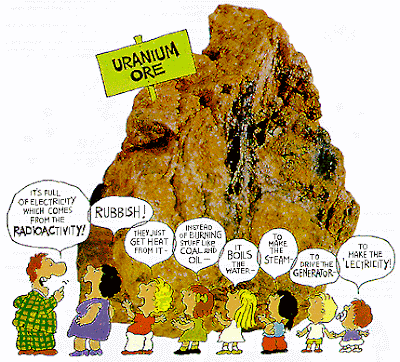 What is Uranium
What is Uranium